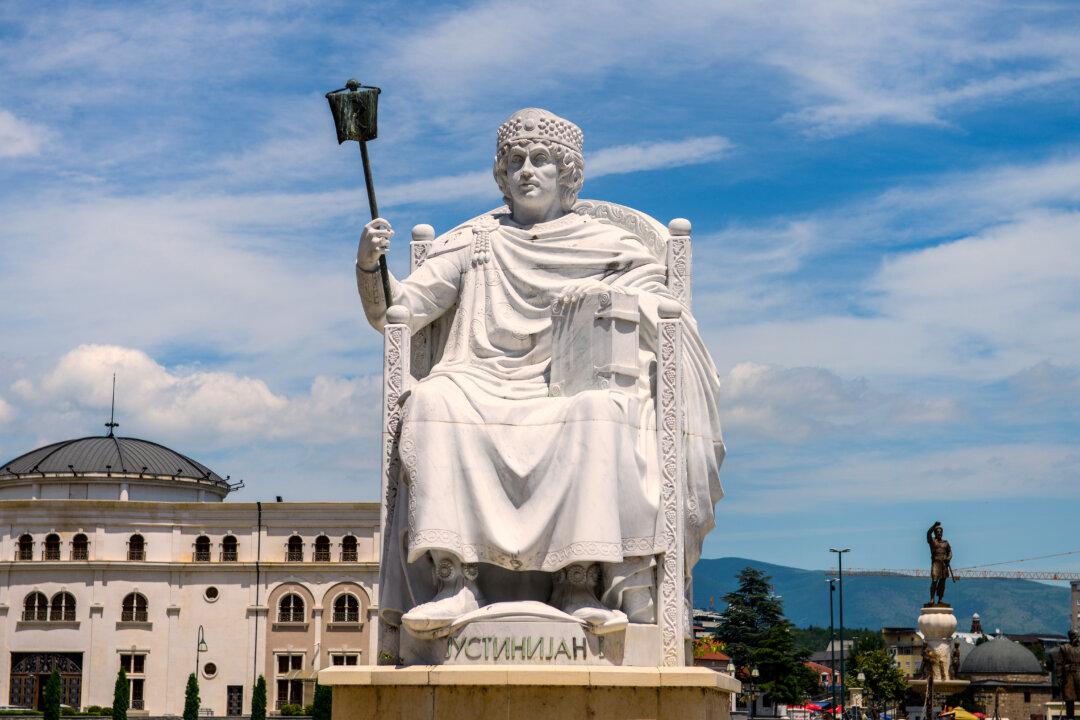Social fragmentation, political polarization, factionalism, diminished state capacity, military overstretch, pandemic…
Am I describing our own time or the sixth century?

Social fragmentation, political polarization, factionalism, diminished state capacity, military overstretch, pandemic…
Am I describing our own time or the sixth century?